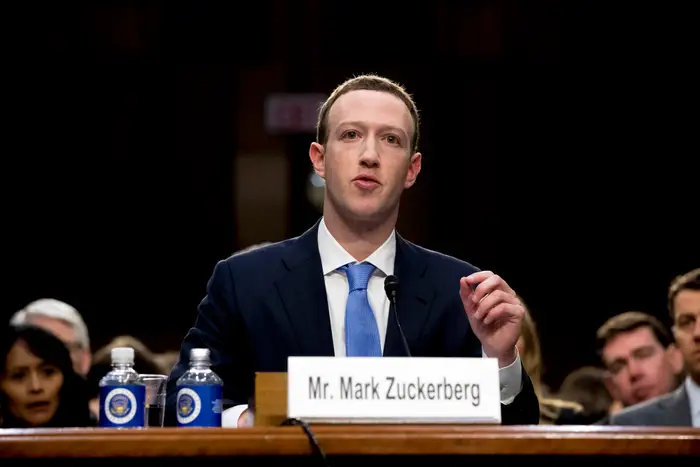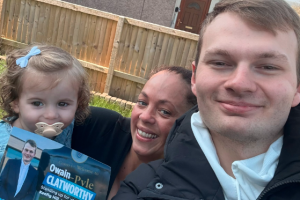A LANDMARK antitrust trial against Meta, the parent company of Facebook, Instagram and WhatsApp, begins today (Apr 14) in Washington, D.C. — a case that could reshape the social media industry and have far-reaching consequences across the globe, including in Wales.
The US Federal Trade Commission (FTC) is taking Meta to court, alleging that the company used illegal tactics to acquire and maintain monopoly power in the social networking space — most notably by purchasing Instagram in 2012 and WhatsApp in 2014.
The FTC claims Meta bought these emerging rivals to eliminate competition and entrench its dominance, in what it describes as a “buy or bury” strategy. Meta denies any wrongdoing and insists that both acquisitions were approved by regulators at the time.
High stakes for Big Tech
The trial is expected to last around eight weeks, with top Meta executives, including CEO Mark Zuckerberg and Instagram boss Adam Mosseri, due to testify. Former COO Sheryl Sandberg may also appear as a key witness.
If the FTC is successful, it could result in Meta being forced to break up and divest WhatsApp and Instagram — a dramatic outcome that would send shockwaves through Silicon Valley.
US District Judge James Boasberg, who is overseeing the trial, will hear arguments on whether Meta’s conduct has stifled innovation and harmed consumers. The case is being closely watched by policymakers around the world as governments grapple with how to rein in the power of technology giants.
Why it matters for Wales
Though the trial is taking place in the US, its implications are global. In Wales, where social media use is nearly universal among teens and young adults, the dominance of Meta’s platforms is a key concern for educators, parents and mental health professionals.
“Meta’s grip on young people’s lives is absolute,” said Carys Evans, a secondary school teacher in Pembrokeshire. “Whether it’s bullying on WhatsApp, body image issues on Instagram, or distraction in the classroom from Facebook, these platforms shape how children see themselves and interact with the world.”
The Welsh Government has already expressed concern over tech monopolies and digital safety. A Senedd committee is currently examining the impact of online platforms on children’s wellbeing — and campaigners say this trial strengthens the case for tougher regulation here in the UK.
Zuckerberg under pressure
Meta argues that the FTC is unfairly trying to rewrite history and punish the company for business decisions that were legal and approved at the time.
“The facts will show that Meta faces fierce competition from a wide range of services, including TikTok, YouTube and Snapchat,” a company spokesperson said. “Breaking up Instagram and WhatsApp won’t help consumers — it will make it harder to offer the integrated experiences that people expect.”
But critics say Meta has used its power to copy, crush or absorb competitors, stifling innovation and narrowing user choice.
A turning point?
This is not the only courtroom challenge facing Meta. The company is also being sued separately by dozens of US states and school districts for allegedly designing addictive platforms that harm children’s mental health. That case, involving claims about Instagram’s impact on teenagers, is expected to go to trial later this year.
For now, all eyes are on Washington. Whatever the outcome, today’s trial marks the biggest legal challenge to Meta’s dominance since the company’s inception — and could set a precedent for how governments across the world regulate Big Tech.
“This isn’t just about one company,” said Antonia Rivers, a digital rights advocate. “It’s about the future of the internet.”















